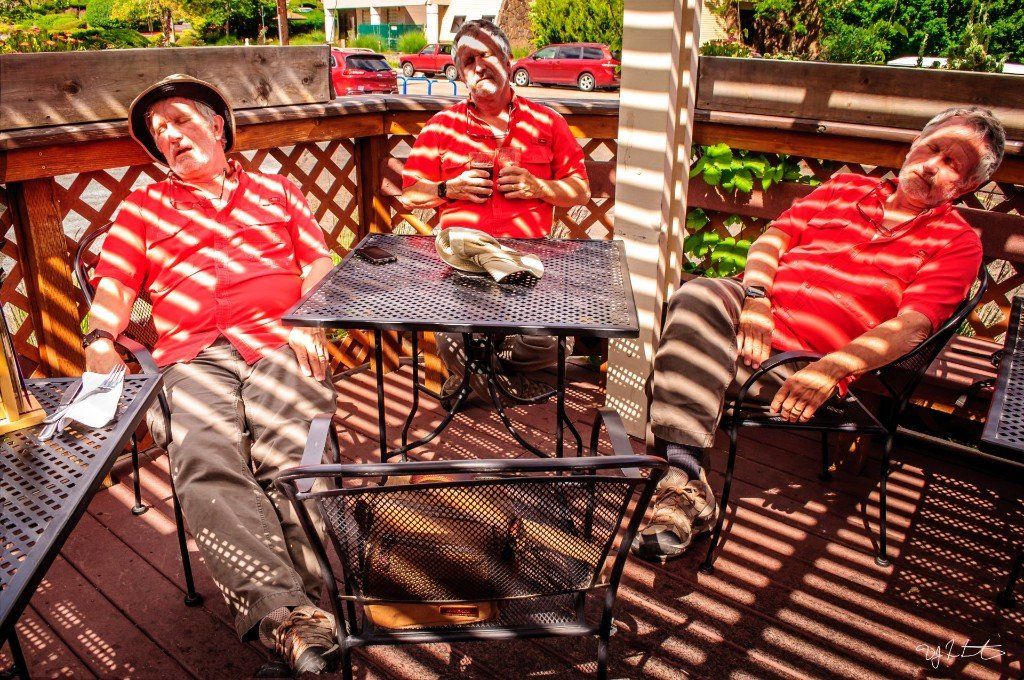In Profundis, De Profundis
Into the Depths, Out of the Depths - Humility I
“True merit, like a river,
The deeper it is, the less noise it makes.”
~Edward Frederick Halifax,
in Worthington, Humility: The Quiet Virtue , p. 24)
What makes a person humble? What are the qualities of
humility and can they be learned? Everett Worthington, who has studied humility
as a scholar, writing in a thoughtful little book called Humility: The Quiet Virtue
, suggests that to understand humility,
we have only to look to people we know.
“Who are your heroes of humility?”, he asks? Write down the characteristics of these folks
and why you choose them. His book describes people, like his mother-in-law,
Rena Canipe, and her humbling dementia.
Think about humble people you know or have observed. Why did you choose them?
Some, like Oscar Wilde, are humbled by life’s circumstances . De Profundis , which means out of the depths, is a letter Wilde wrote from prison to his lover. Wilde, successful playwright, toast of the town, and bon vivant, had been convicted of immoral behavior and sentenced to two years of hard labor in prison, and prison had broken his spirit, never to fully recover.
Out of the depths. De profundis.
Out of the depths I call oh God.
Out of the depths I see how little control I really have.
Out of the depths...I let go, or at least loosen, the grip of my own ego and self-importance.
Sometimes people like Wilde or Canipe are plunged into the deep, as into an abyss. They are pushed or pulled or pummeled. In Profoundis . Into the depths. Losing their ego, who they thought they were, the control they believed they had over their lives.
The humble, famous or infamous, people we know or those we admire from afar, are role models for those of us leading more superficial lives. Some have been humbled, some have been brought up with humility as a family virtue, and some have developed humility as a practice or discipline.
We will explore humility over several essays. It is, I believe, a key to profound living and profound learning, not to mention profound leadership. Worthington says that a scientific definition of humility doesn’t yet exist and in another of his books, this one a scholarly, edited volume of essays about humility called Handbook of Humility , asks each author to begin their essays with their own definition. Here we briefly advocate and explore humble living as a practice.
As a practice, we must assume humility can be learned. Otherwise why write about it? Otherwise, we may as well just sit back and watch other, better people than us, wishing we were they.
But it can be learned, either when life confronts us unasked for, or as we explore and practice it through our own volition and desire.
To end this essay, let’s pull from Worthington’s chapter, Can We Learn Humility ? The opposite of humility, he says, is self-focus . To “walk toward humility” he suggests:
Negate the Negative
Nix narcissism , and its focus on the self.
Eliminate entitlement . Entitled people think they get special treatment because they are better than others.
Puncture pride .
Equalize egoism with humility.
Cultivate an Accurate Sense of Self
Secure self-confidence and self-esteem.
Be self-aware, but not too self-aware.
Leap from the limelight
Live virtuously
Practice virtues.
Cultivate religion or spirituality
With these strategies to reflect on, we will close this first essay about humility.
References:
Wilde, O. (1996). De profundis (Dover ed.). Mineola, N.Y.: Dover Publications.
Worthington, E. L. (2007). Humility: the quiet virtue . Philadelphia: Templeton Foundation Press.
Worthington, E. L. (2017). Handbook of humility: theory, research, and applications . New York: Routledge, Taylor & Francis Group.
“Humility does not mean
Thinking less of yourself than
Of other people, nor does it
Mean having a low opinion
Of your own gifts. It means
Freedom from thinking
About yourself at all.”
~William Temple
in Worthington, Humility: The Quiet Virtue , p. 2
To receive all our Profound Living posts, please subscribe (it won’t cost you anything but time to read): https://www.profoundliving.live/
Please consider following the Profound Living Facebook page
And... please share this essay with others who might find it beneficial.
Finally, for something more wide-ranging, check out The Profound Bartender.












